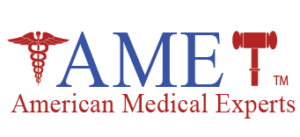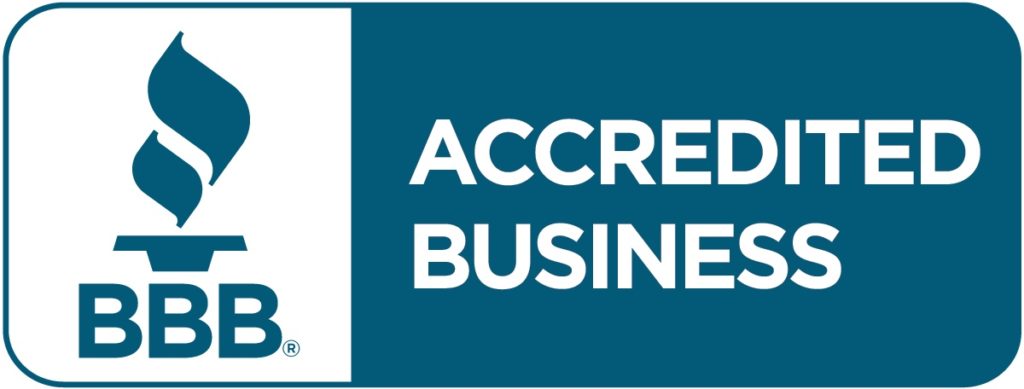Heart disease, also known as cardiovascular disease, is a class of illnesses in the heart, arteries, and veins. Cardiovascular medicine is a wide array of treatment techniques, which include drug therapy, healthy diet and exercise plans, and surgery. The medicine prescribed varies depending on the severity of the patient’s condition and the type of doctor consulted, but many techniques are effective. One of AME’s cardiovascular medicine expert witnesses has written an exclusive medical malpractice article that we have provided, for your interest, below. A shift has occurred in American medical practice, often the primary focus of the “medical machine” is to make a profit and therefore much of the current treatment and therapy in cardiovascular medicine is not always in our best interest. There is no evidence that the use of cholesterol lowering drugs extends our lives, in fact the overall death rate from the use of “cholesterol lowering drugs” has increased the overall mortality in cardiovascular patients. Along those same lines there is no evidence that coronary bypass surgery or angioplasty with or without stenting extends the life of the cardiovascular patient, it may abort an acute event, but survival tracts the usual course of the disease. The current therapy of the cardiovascular patient is to use statins to lower cholesterol, decrease the heart rate, if symptoms present (angina) perform an angiogram. Angioplasty or stent any lesion “they deem the culprit lesion” Add an antiplatelet drug, if angina returns, repeat angiogram, repeat angioplasty or stent, repeat scenario if necessary. Refer for surgery when unable to stent any more arteries. Hence the problem, who is watching the cardiologists and cardiovascular surgeons if money is to be made doing procedures, and in some cases unnecessary, repetitive procedures but reimbursed by insurance companies and Medicare. As a cardiovascular surgeon and often called to the catheterization laboratory by cardiologists to review an angiogram for “an opinion” I am often bewildered that the patient has been catheterized multiple times, angioplastied multiple times and has several stents in multiple coronary arteries. What do you think? is the question most often posed to me by the cardiologist, well “I think this patient should have had bypass surgery 5 years ago after the third angioplasty” is my reply, but “how can help the patient” is what comes out of my mouth. If we are to instill patient confidence and treat the disease at the standard of care, we must be collaborative, not “protecting our vested, like 401K, interest in the patient”. In other words, get a second opinion early in the course of the disease, do not return the patient to the catheterization laboratory multiple times looking for an operation (stent or angioplasty) with minimal indications and when three vessel disease is present refer for a surgical opinion. It may be possible to operate at that point with a minimal morbidity or mortality, but often times it is not. Hence the increase in cardiac catheterization procedures and the decrease in cardiovascular surgical procedures, and shamefully, sometimes inappropriately. A word in closing, when reviewing cases for appropriateness of care, standard of care, in cardiovascular medicine cases I often look for indications for the procedure based on symptoms, appropriateness of the procedure and most importantly collaboration between the cardiologist and cardiovascular surgeon. If I see that a cardiologist has had his “vice-grip” on a patient for several years performing what we call “outlier” procedures, the red flag is raised. If your client has had multiple procedures and without the benefit of a second opinion by a cardiologist or cardiac surgeon and incurred a major avoidable complication I would be suspect that the guidelines for the treatment of cardiovascular disease were not met. About the Expert who wrote the article: This expert is a board certified cardiovascular and thoracic surgeon with over 27 years of practice experience. He is a member of the American College of Surgeons, national, international surgical societies and a peer reviewer for two state medical boards

